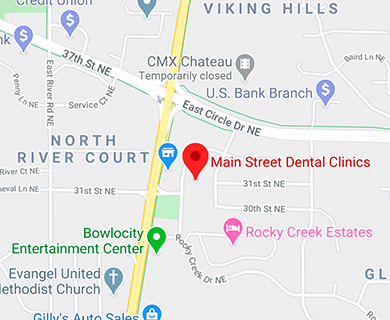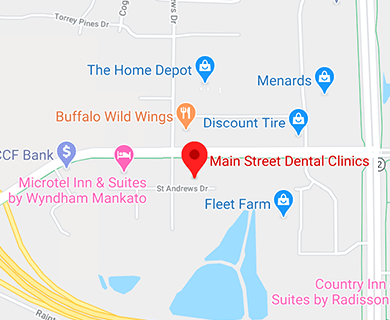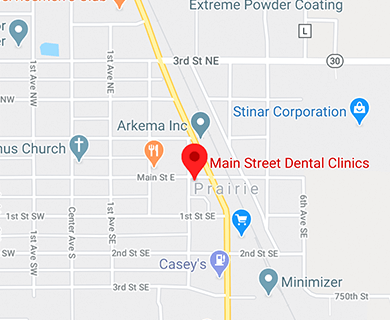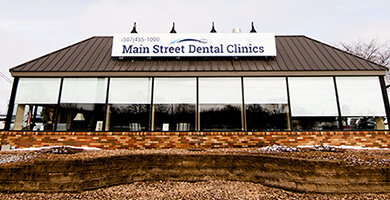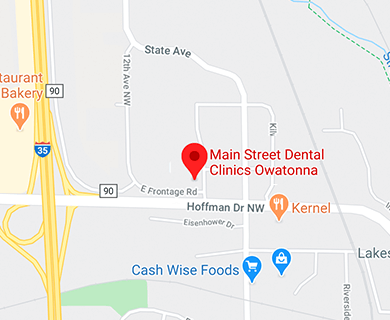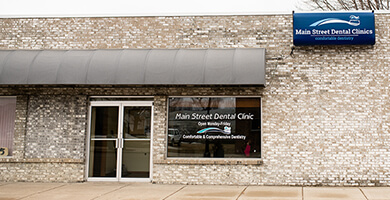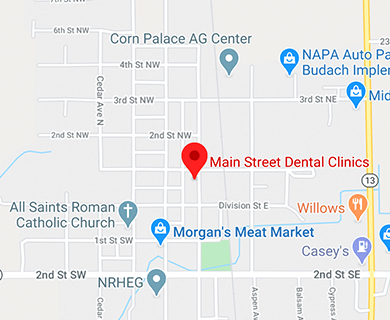Four Oral Health Issues Seniors Face
May 28th, 2025

Oral health is an important and often overlooked component of an older person’s general health and well-being. Dr. Hanson, Dr. Campbell, Dr. Schafer, Dr. Fabian, Dr. Burmeister, Dr. Kess, Dr. Stenzel, and Dr. Swedeh. and our team know that for many of our older patients, oral health can become an issue when arthritis or other neurological problems render them unable to brush or floss their teeth as effectively as they once did. Today, we thought we would discuss four common oral health issues our older patients face and how they can avoid them:
Cavities: It’s not just children who get tooth decay—oral decay is a common disease in people 65 and older. Ninety-two percent of seniors 65 and older have had dental caries in their permanent teeth, according to the National Institute of Dental and Craniofacial Research. The risk for tooth decay increases because many older adults don’t go to the dentist as often as they used to, thus cavities go undetected and untreated for longer than they should. Keeping regular appointments with Dr. Hanson, Dr. Campbell, Dr. Schafer, Dr. Fabian, Dr. Burmeister, Dr. Kess, Dr. Stenzel, and Dr. Swedeh. is the key to getting cavities treated in a timely manner.
Difficulty eating: Oral health problems, whether from missing teeth, cavities, dentures that don’t fit, gum disease, or infection, can cause difficulty eating and can force people to adjust the quality, consistency, and balance of their diet.
Dry mouth: Also called xerostomia, dry mouth is a common issue for a lot of seniors. Our friends at the Oral Cancer Foundation estimate that 20 percent of elderly people suffer from dry mouth, which means the reduced flow of saliva (saliva plays a crucial role in preventing tooth decay). Many seniors are on multiple medications for a variety of chronic illnesses or conditions. Common medications taken that may cause dry mouth are decongestants, antihistamines, blood pressure medications, pain pills, incontinence medications, antidepressants, diuretics, muscle relaxers, and Parkinson’s disease medications. To help counter this, we suggest drinking lots of fluids and limiting your intake of caffeine and alcohol. We also encourage you to check with Dr. Hanson, Dr. Campbell, Dr. Schafer, Dr. Fabian, Dr. Burmeister, Dr. Kess, Dr. Stenzel, and Dr. Swedeh. during your next visit if you think your medications are causing your mouth to feel dry.
Gum Disease: Gum (periodontal) disease is an infection of the gums and surrounding tissues that hold teeth in place. While gum disease affects people of all ages, it typically becomes worse as people age. In its early stages, gum disease is painless, and most people have no idea that they have it. In more advanced cases, however, gum disease can cause sore gums and pain when chewing.
Gum disease, which can range from simple gum inflammation to serious disease, is usually caused by poor brushing and flossing habits that allow dental plaque to build up on the teeth. Plaque that is not removed can harden and form tartar that brushing simply does not clean. Only a professional cleaning at our office can remove tartar. The two forms of gum disease are gingivitis and periodontitis. In gingivitis, the gums become red, swollen, and can bleed easily; in periodontitis, gums pull away from the teeth and form spaces that become infected.
Proper brushing, flossing, and visiting our office regularly can prevent gum disease. Seniors with limited dexterity who have trouble gripping a toothbrush should ask Dr. Hanson, Dr. Campbell, Dr. Schafer, Dr. Fabian, Dr. Burmeister, Dr. Kess, Dr. Stenzel, and Dr. Swedeh. about modifying a handle for easier use or switching to a battery-powered toothbrush.






